
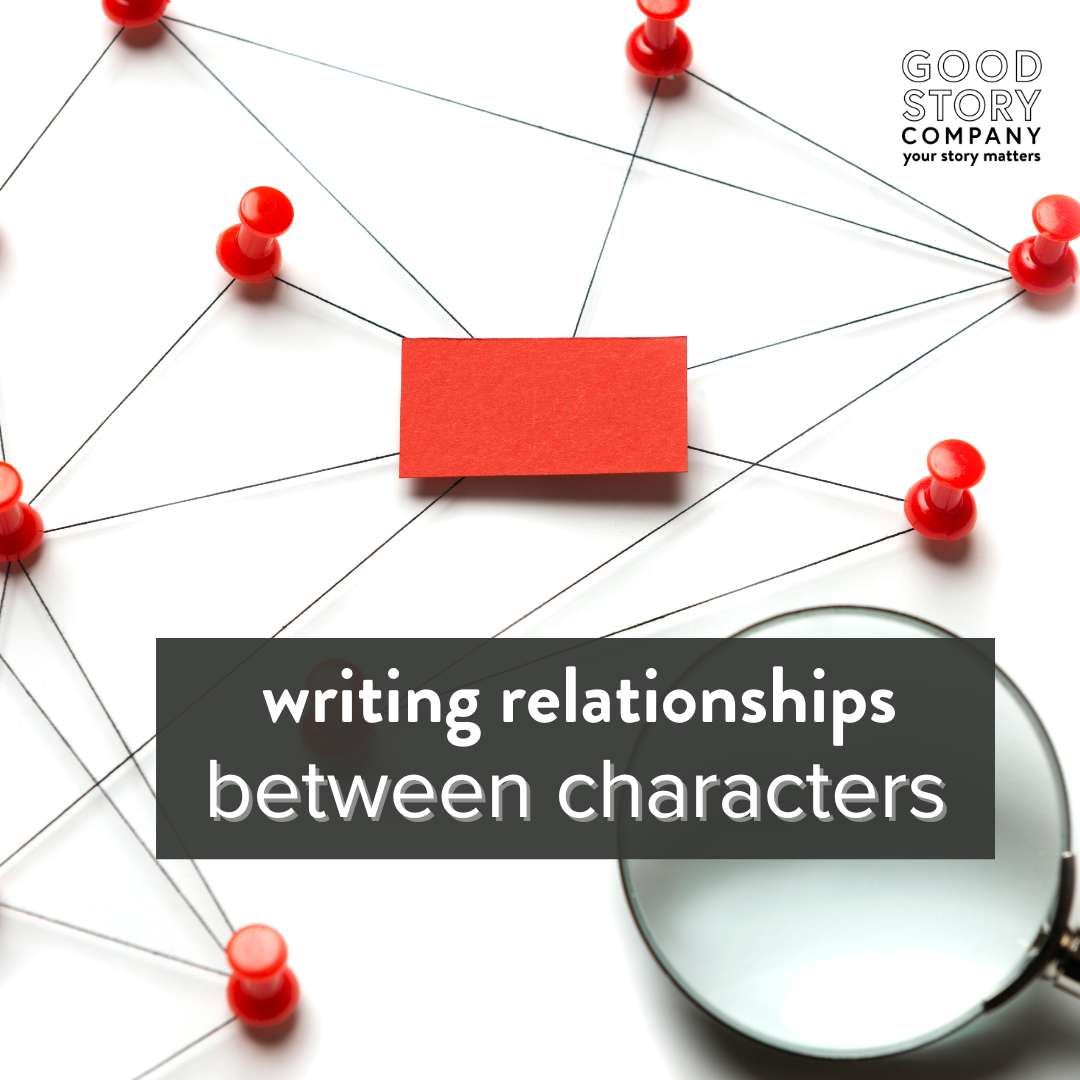
Writing Relationships Between Characters
Populating your world with interesting people can make readers care about your story, and writing relationships between characters can inspire them to ship, daydream, and root for your characters. Here’s how to help them come alive on the page as real, believable people.

Finding Critique Partners
You’ve typed ‘The End’ on your manuscript, and now you’re ready to get published. Not yet! First, finding critique partners will help you polish your work for submission.
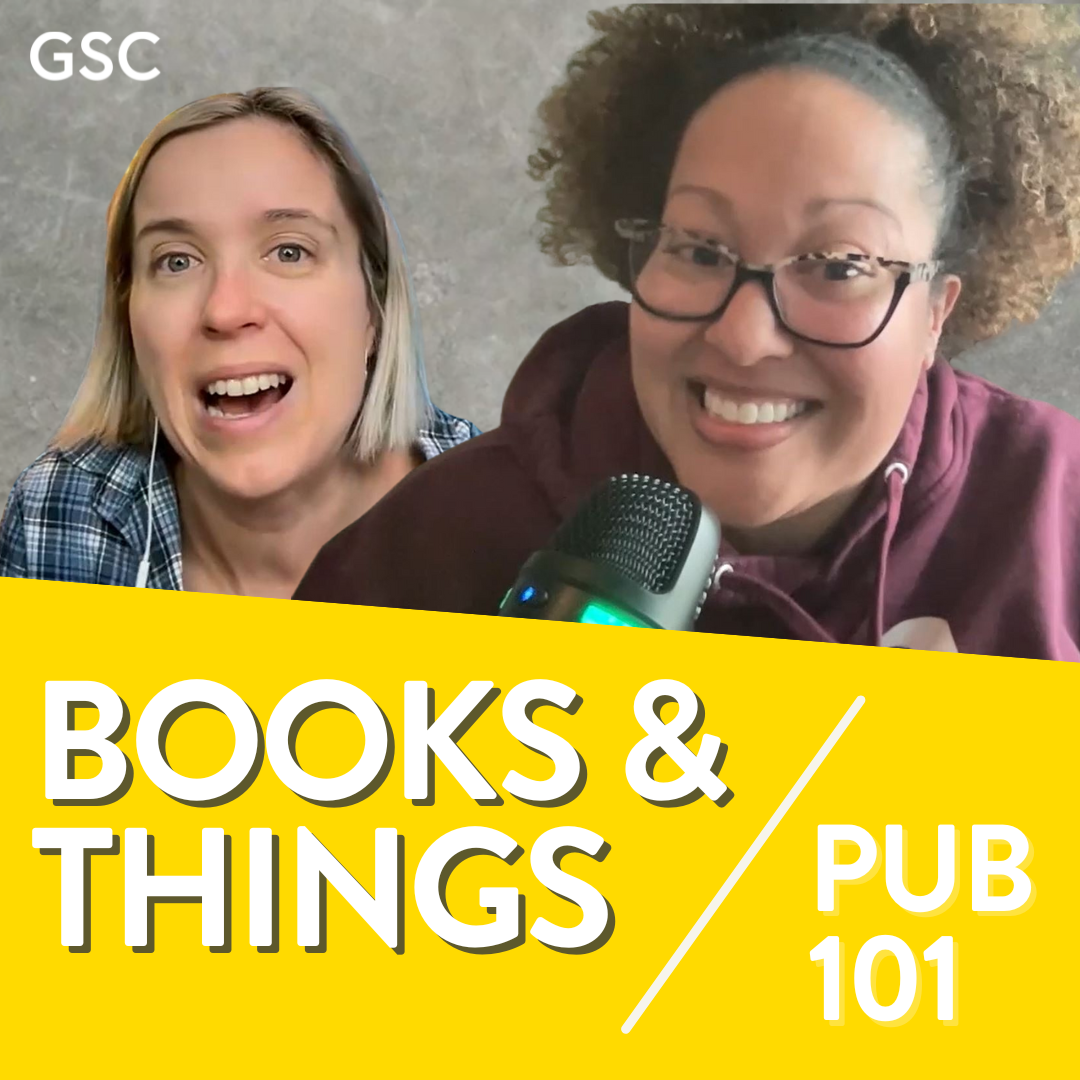
Episode 40: Danielle Marietta, Creator of Books & Things Publishing
Danielle Marietta joins the podcast to discuss Books & Things Publishing, the children’s book sphere, and the importance of promoting diverse authors. Tune in to learn more about Danielle’s writing journey, and her tips on self-publishing, social media marketing, and connecting with your target audience.

How to Describe Emotion
We want our readers to connect emotionally to our characters and to feel their pains and struggles—but it can be tricky to know how to describe emotion to create that connection. Here are some effective ways to describe emotion.
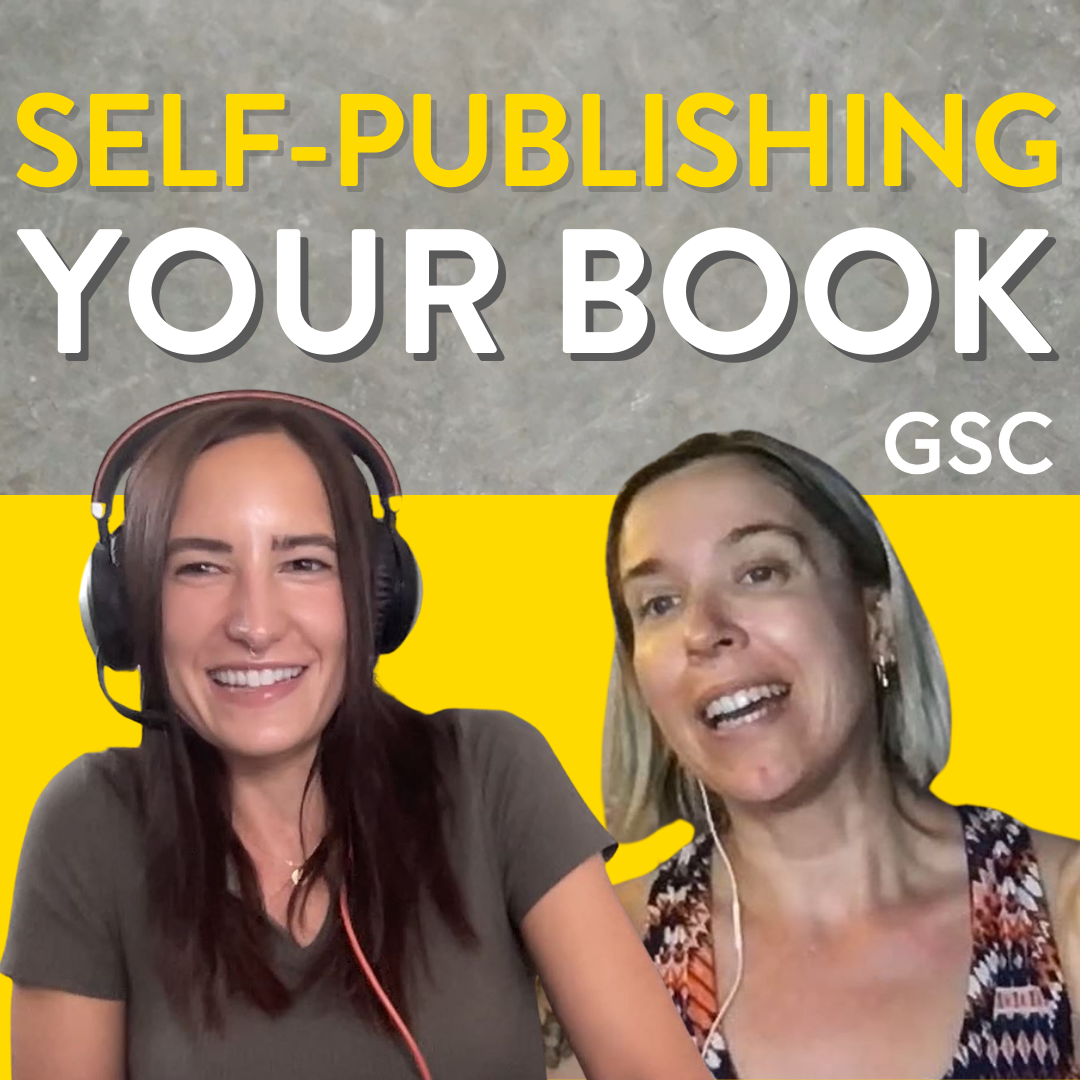
Episode 39: Allison Speka, Self-Published Romance Author
Romance author Allison Speka joins the pod to discuss her journey into writing and self-publishing. She talks about her love for the romance genre and shares her experience with self-publishing, including tips on cover design, book marketing, and the value of learning from other indie authors.

Strategies to Incorporate Agent/Editor Feedback
Once the manuscript has been completed, submitted, and accepted, writers can feel like the bulk of their work is done. It would seem only small corrections should need to be made. Until the agent/editor feedback comes. Use these strategies to incorporate it for stronger work.
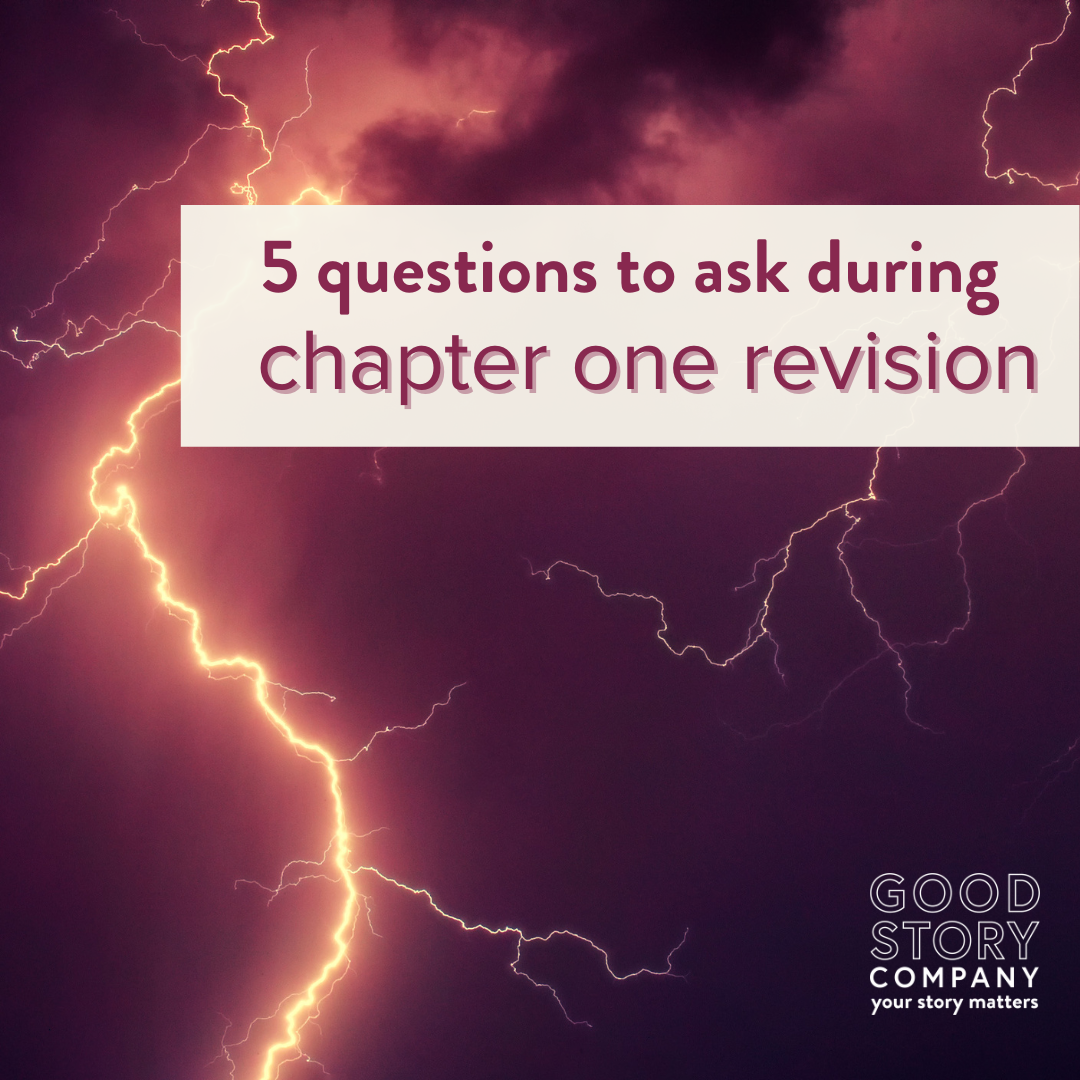
Five Questions to Ask During Chapter One Revision
Once you’ve finished the first draft of your story, it’s time to tackle chapter one revision. Ask yourself the following questions to determine whether your first impression energizes the reader to demand the full story.

What’s After NaNoWriMo?
NaNoWriMo (National Novel Writing Month) is an intense time for writers who participate. I hope it was everything you were looking for. But the end is near. What’s next?
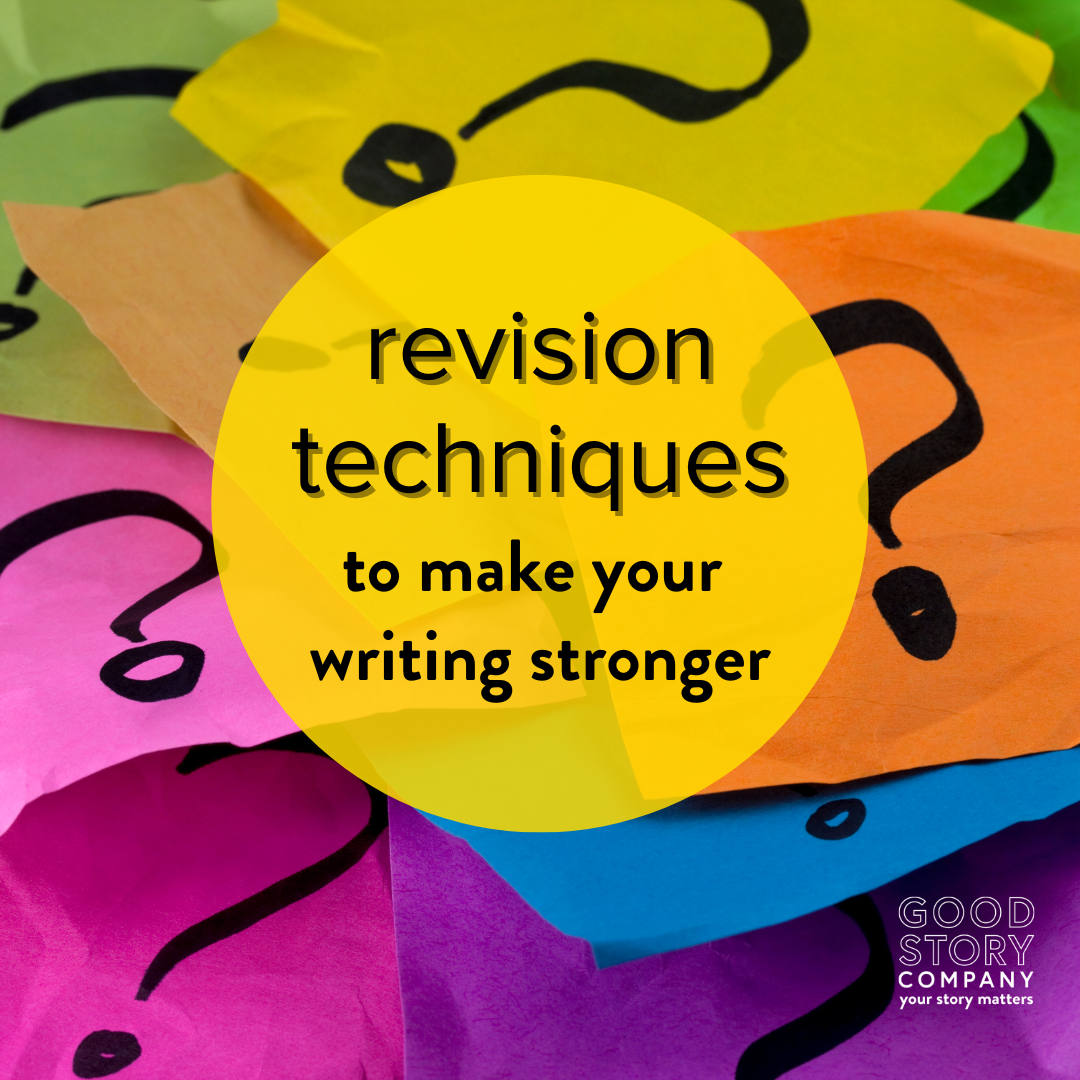
There’s Always a Choice: Revision Techniques to Make Your Writing Stronger
If you've received vague revision instructions like “go deeper," we have some specific revision techniques that'll help you take your work to the next level.
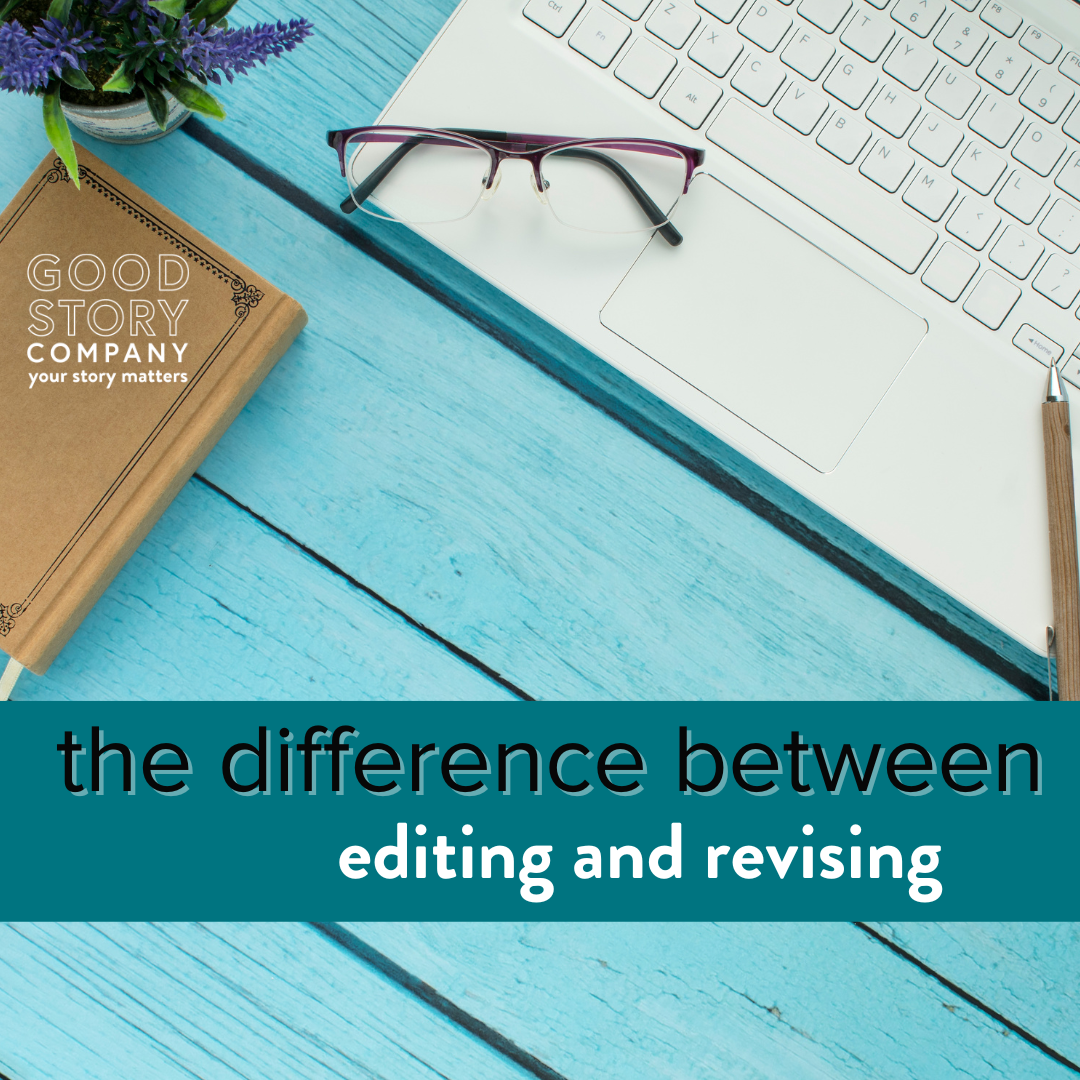
The Difference Between Editing and Revising
There’s an important difference between editing and revising, although writers tend to use “editing” and “revising” as interchangeable terms to mean anything other than drafting. You’ll need to do both, so it’s helpful to understand the difference.

Writing Good Sentences
Writing good sentences is at the heart of telling a good story. However, it’s not the first issue to tackle in revisions. First, finish your draft. Second, step away from your manuscript. Third, edit macro issues such as plot holes, character development, and story arc. Don’t fret about sentence craft until the bones of the story are in place and working well.

3 Helpful Tips for How to Rewrite a Novel
Rewriting a book doesn’t mean your idea or your writing are bad. It means there’s a better way to show readers the essence of what you’re trying to tell them. Here are 3 helpful tips to get you started!
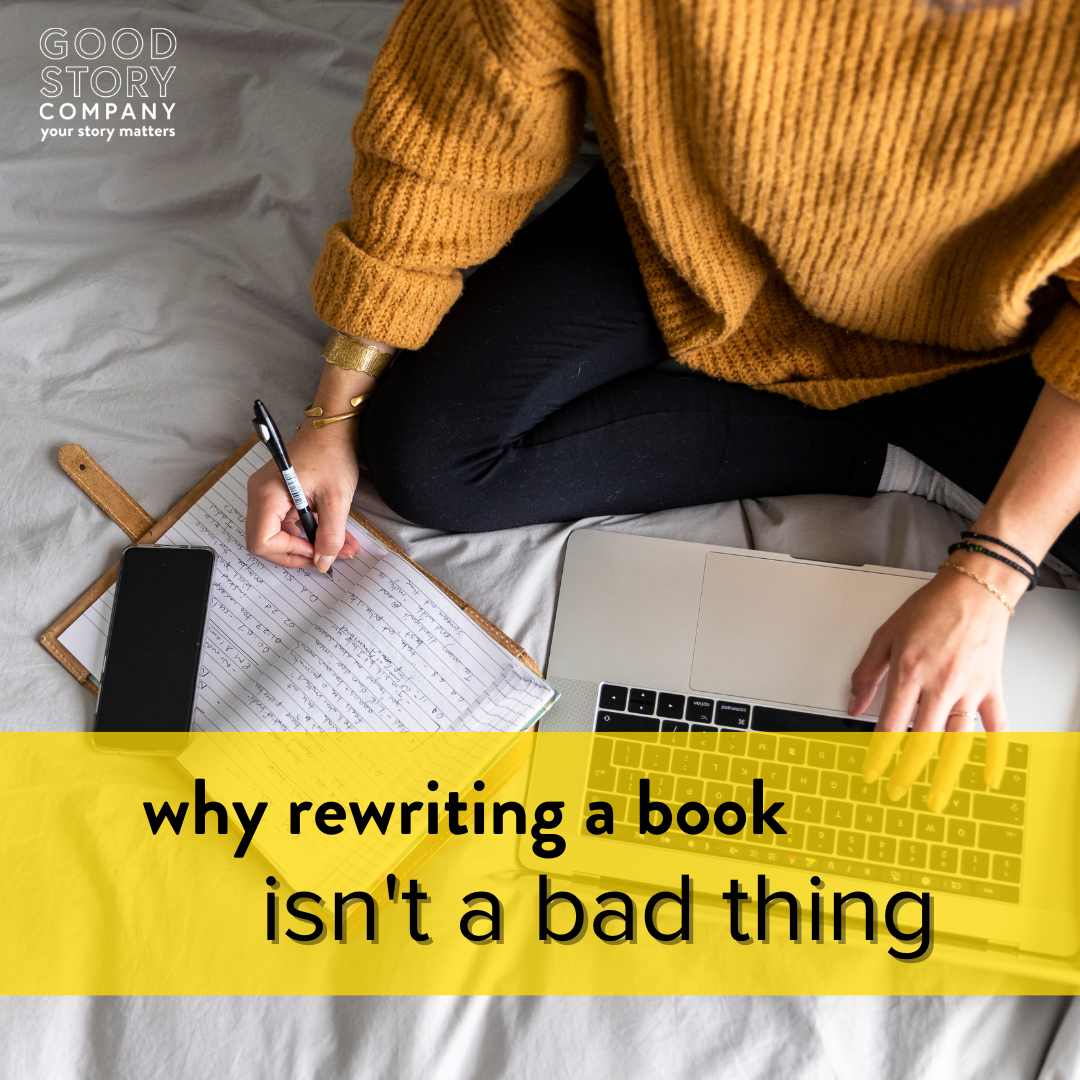
Why Rewriting A Book Isn’t A Bad Thing
Rewriting a book may seem like a daunting task, but it’s worth it. Not only will rewriting develop your narrative, but it’ll make you a better writer. Here’s how.
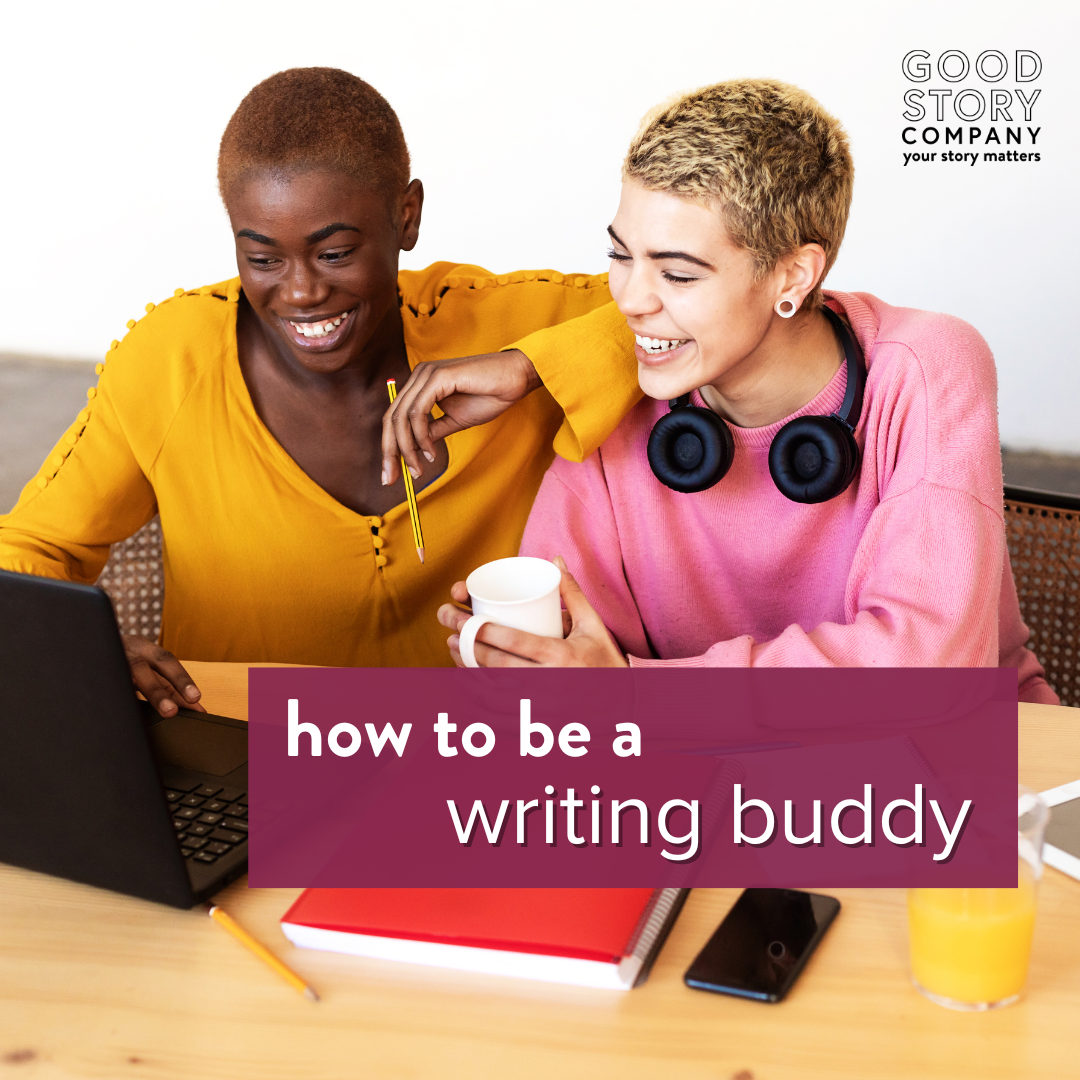
How to Be a Writing Buddy
How is a writing buddy different from a critique partner or writing partner? The terms are often used interchangeably, but I happen to think that a “writing buddy” is friendlier. So here’s how to be a good one, and boost your own critique and writing skills at the same time.
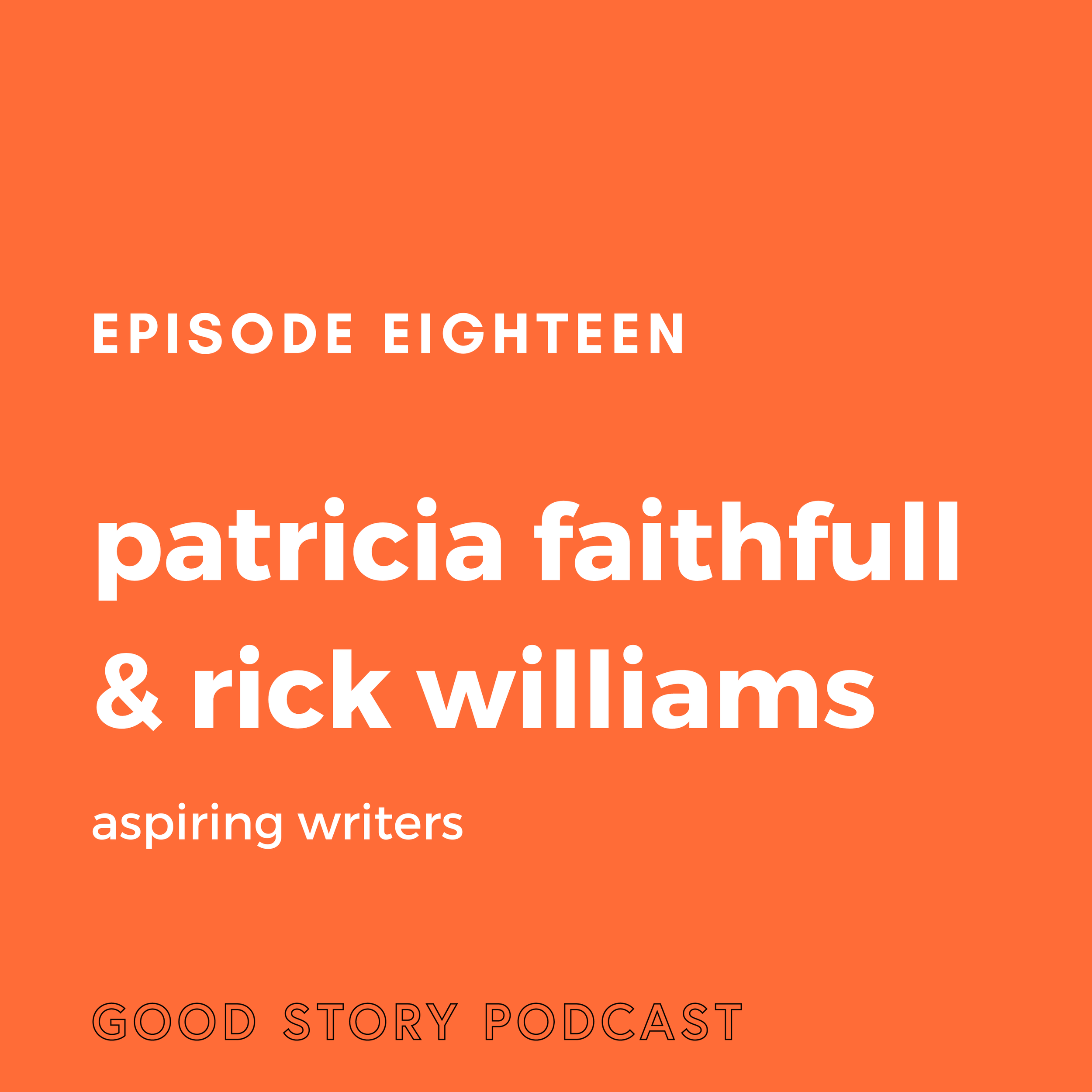
Episode 18: Patricia Faithfull and Rick Williams, Aspiring Writers
A conversation about "The Emotion Thesaurus" as well as writing tools in general and whether human input can ever be replaced by tools.

How to Be a Good Critique Partner
Tips for how to be a good critique partner and how to contribute to your writing community. Learn how to give writing critique here.

A Million Bad Words
In order to write, you have to WRITE! Spending time learning theory, taking classes, and reading books are beneficial, but ultimately it is practice that will make you a better writer. Learn how a million bad words can turn into a good story.
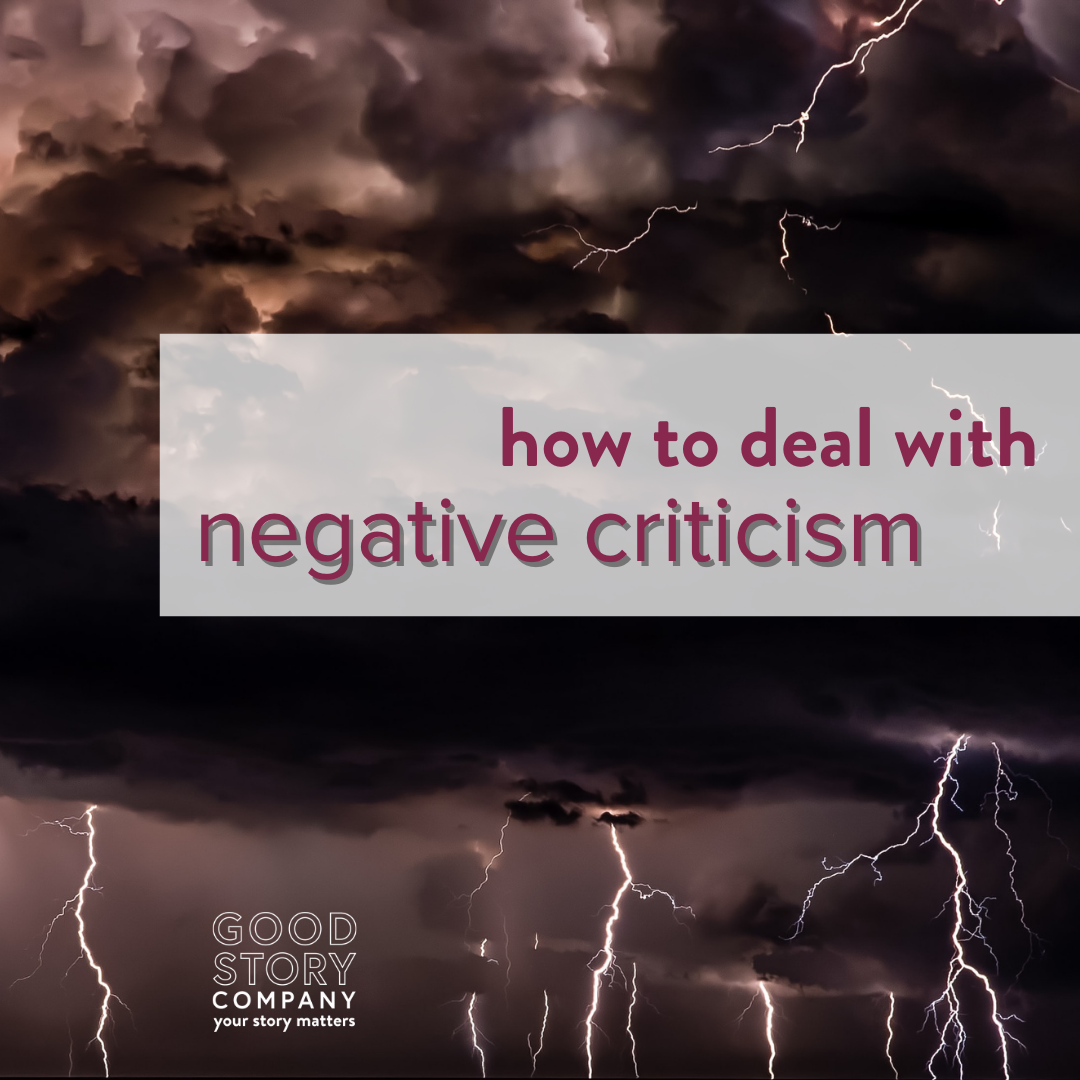
How to Deal With Negative Criticism
Many writers struggle with how to deal with negative criticism. Not all writing feedback you receive in your lifetime will be “constructive criticism”. Some of it may feel like straight-up criticism criticism, or worse, destructive criticism. Ouch! Here are some thoughts on bouncing back from a devastating writing critique, and what to do next.

When is a Manuscript Finished?
Tips on looking at your work with clarity so you can determine your personal "done," as well as what to do when you reach that finish line.

Writing Descriptions
Dust motes swirling in the gloom are enchanting, but do you really need to describe them in detail? Let’s look at some guidelines for writing descriptions so you can quench your thirst for gorgeous imagery without sacrificing the pacing of your story.
